4 tech trends steering global trade in 2023
The team outlines four trends in trade tech, from consolidations in the sector to data mining and the rise of ‘ESG’ tech, that we believe will continue gaining momentum in 2023 and beyond.
In recent years, global trade has faced vast opportunities and challenges when it comes to technology. AI and blockchain have been slowly adopted, consolidations announced, and the question of how exactly technology can measure environmental, social and governance (ESG) impact was scrutinized by leaders and industry.
In this article, we review tech trends that will continue to crack codes across trade in 2023 and beyond.
1) The rise (and rise) of ESG tech
As regulators pursue ESG policies, shareholders apply pressure, and country leaders make climate promises, technology to better score ESG impact across global trade and business is becoming increasingly sought.
According to the 2022 Sustainability Action report by consultancy Deloitte, 99% of companies are planning to invest in more ESG-scoring solutions in the next 12 months. “Nearly all companies express willingness to invest in new technologies … in order to be prepared to meet stakeholder expectations and future regulatory requirements.”
For trade, supply chains stretching around the world make it an inherently complex business. Many stakeholders, from suppliers to logistics operators and financiers, in different jurisdictions mean there are challenges in accurately assessing the ESG risks of a certain good, service, and, subsequently, a trade transaction.
Financial regulators are pursuing policies to address ESG risks in banking. For example, the European Banking Authority announced its “Roadmap on Sustainable Finance”, in December, while the UK’s Financial Conduct Authority revealed an ESG Committee. Elsewhere bank and company shareholders are applying pressure over ESG-related issues.
The private sector is rolling out practical solutions to bridge the gap between high-level frameworks and reporting on the ground for companies of all sizes – for example, the Coriolis ESG platform automates the scoring of businesses against the UN Sustainable Development Goals. This technology will only become more important in 2023 as increasing scrutiny is placed across trade – and business more generally – for its impact on people and the planet.
2) Data mining and artificial intelligence
Data mining and artificial intelligence (AI) have the potential to be transformational for global trade, particularly with regards to detecting and intercepting financial crime, including sanctions breaches, money laundering, and more.
Data mining is the process of analyzing large amounts of data to uncover hidden patterns and trends. It is a key component of artificial intelligence as it allows AI systems to learn from the data it processes and improve its ability to make accurate predictions and decisions.
Being able to quickly and accurately analyze huge amounts of data and garner intelligent insights is proving to be highly valuable for trade, a sector in which there is vast information – albeit often presented in disparate and unstandardized forms, such as complex trade documents, that require standardizing.
As AI is given new information, it can continually improve its detection of patterns and anomalies that may indicate the presence of financial crime. This is especially important in an industry whereby the methods used by criminals are constantly evolving and becoming more sophisticated – indeed, trade-based money laundering costs the global economy hundreds of billions (if not trillions) of dollars each year. By using AI, trade finance providers can better understand the risks associated with specific transactions, ultimately making more informed decisions.
3) Consolidation
In 2022, acquisitions and alliances emerged in the trade tech space, with this activity helping to support further innovation. We believe such activity is set to continue.
Commodity trade finance platform Komgo bought GlobalTrade Corporation in the latter part of 2022, while TradeSun acquired ESG data company Coriolis Technologies, based in the UK, to accelerate ESG-compliant trade. Elsewhere Bolero, the digital trade documents company, was bought by WiseTech Global.
One way forward for technological progress and growth in the sector is for existing players to make acquisitions. The technology landscape in trade is fragmented, with different companies and initiatives offering various solutions that may lack the financial and industry support needed for those solutions to scale. It was unfortunate that some initiatives that had highly positive offerings for trade ceased operations in 2022.
Consolidation across trade tech will help industry push on in its digitalization journey and, in 2023 and beyond, more acquisitions are inevitable across the sector.
4) Scaling blockchain and DLT
Blockchain and distributed ledger technology (DLT) are increasingly being used in trade finance to improve the security of transactions and, going forward, adoption is likely to grow despite some platforms facing difficulty.
Blockchain allows for the secure and transparent recording of transactions via an immutable ledger. This makes it well-suited to trade finance, a sector in which there is a need for secure and immutable record-keeping. One way that blockchain is helping trade finance to advance is by facilitating and recording commercial transactions and documents for open account business. However, such technology requires much investment and backing to materialize, with notable player, blockchain consortium we.trade, ceasing operations earlier this year.
There are several blockchain-powered platforms and initiatives in industry that continue to evolve, such as Contour, and our team believes the technology has much potential that is yet to be unlocked.

